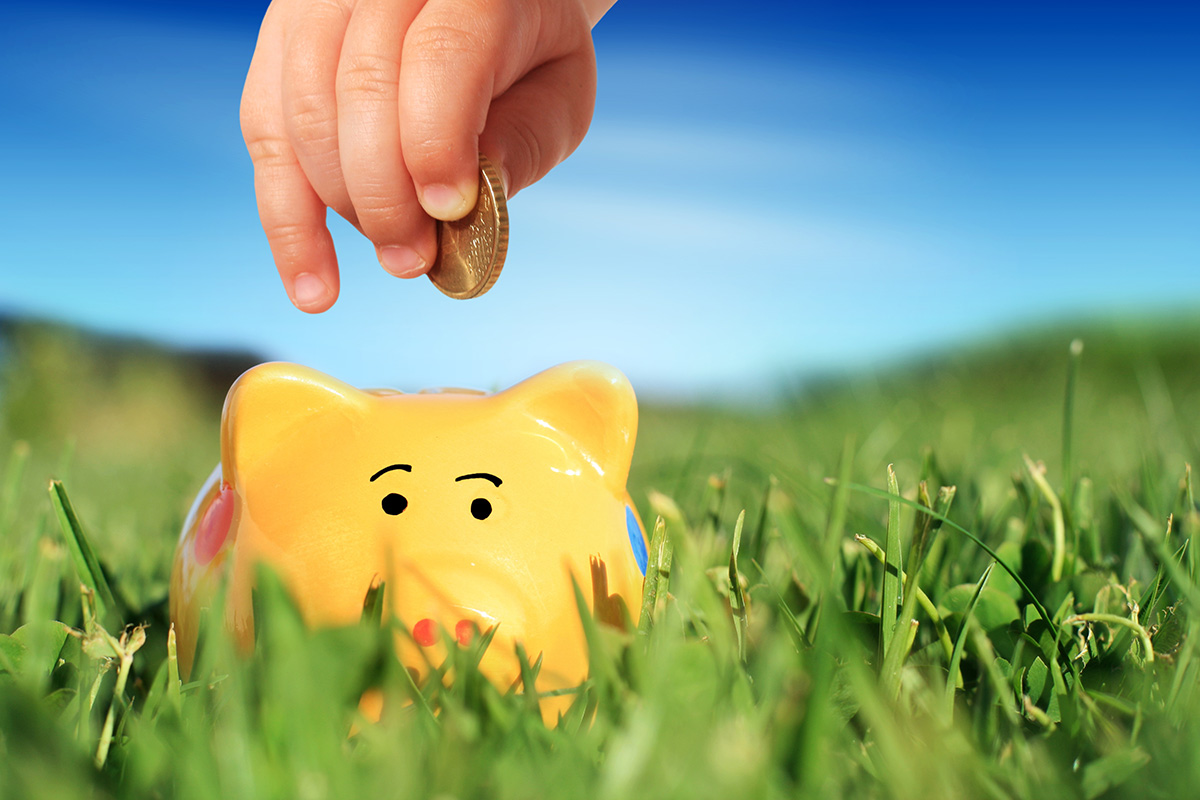 Field Of Dreams
Field Of Dreams
Organized sports provide lessons in teamwork and help instill valuable lessons of effort, discipline and good sportsmanship. Not only are sports a great way to keep kids fit, the amount of energy they expend on the field will save you from having to chase after them. Consider enrolling your kids in after-school sports or weekend leagues where they can meet new friends from different neighborhoods, build self-esteem and learn new skills. Organized sports also offer opportunities for children to help raise funds for equipment or annual competitions. Activities like car washes, boosters and bake sales can help raise a little cash and yield several real-life lessons along the way.
 Role Play
Role Play
There’s no end to a child’s imagination and nurturing their creativity can help them become better problem-solvers and independent thinkers in every facet of their lives. Allowing kids to “perform” the dual role of a person in need and of a generous helper will allow them to see and understand the world through a different lens. The more easily our kids can put themselves in other people’s shoes and understand what they feel and experience, the more generous they will be to others. When the role-play concludes, ask them “how did you feel” and listen intently.
 Save Up
Save Up
One way to raise money and generous kids is by teaching kids about how money is used for spending, saving and giving. Children are ready to learn about money as early as pre-school, and even a small allowance can help them create a healthy relationship with money while learning valuable life lessons. Whenever they receive their allowance or other cash gifts, encourage them to deposit the money into 3 envelopes: one for giving, one for saving and one for spending. Introduce the envelope concept by making a project out of it; have each child design their own envelopes and share how they’d like to use the money they set aside.
 Bring Along
Bring Along
Kids are keen observers and you’d be surprised how much they’re silently taking in. Bring your little ones along for your next volunteering session or donation drop-off at a local shelter. On the way, explain what you’re doing and why it’s important to you as a family, who the recipient is and how they will be impacted by your actions. Ask them, “What else can we do to help?” and watch your little one make you proud you with their ideas. Be a positive example by actively teaching about compassion, empathy, understanding and respect, and giving your children the opportunity to think about ways they can chip in.
 Greater Gifts
Greater Gifts
When you’re feeling like your child’s toy chest is bursting at the seams, it may be time to teach a lesson in letting go. Convince your child to surrender a doll or two to another loving owner or pass along toys they’ve outgrown to a family in need. Helping them understand that we value people over things is a lesson that must be taught if we want the next generation to be empathetic. Next time a birthday rolls around, consider celebrating their generosity by creating a “birthday collection” and helping your child choose an org or cause to give previously loved belongings to. You’ll be amazed to learn just how caring and conscientious children can be when given the chance.
 Kindness Reinforced
Kindness Reinforced
With a 24-hour news cycle, it can seem as if bad news is all around us. Help your kids see the good in the world by pointing out and discussing examples of acts of kindness and behavior that you’d like them to model. Sharing positive stories will make them feel better about the world they live in and get them thinking about how they can help make a difference. Encourage them to do a small act of kindness a day and share it over dinner. It could be as simple as lending a classmate a pencil or even sharing their lunch with a classmate who forgot their lunch money.











